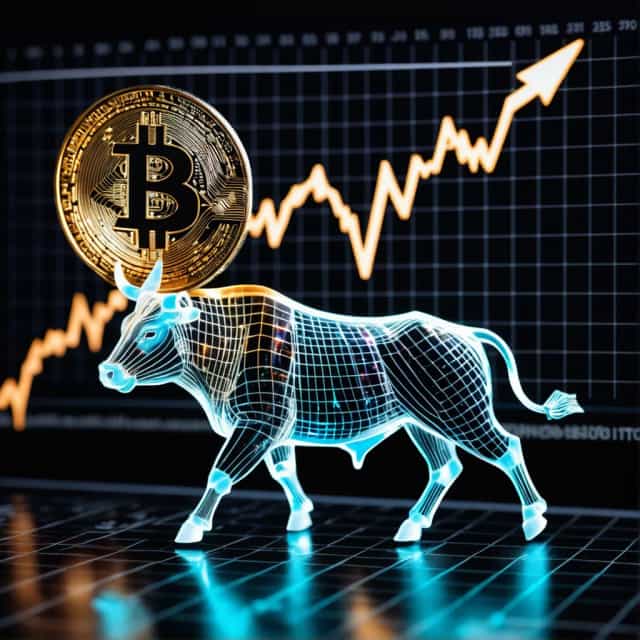
출처: Block Media
Citadel CEO Ken Griffin Raises Alarms Over Growing Investor Preference for Gold Over the Dollar
Ken Griffin, CEO of Citadel, has issued a sharp warning about a notable shift in investor behavior—an increasing preference for gold over the U.S. dollar. Speaking in a recent Bloomberg interview, Griffin emphasized that “investors are effectively attempting to move away from the dollar.” He attributed this trend to concerns about national economic threats, which are driving investors toward assets outside the dollar to mitigate portfolio risks.
The growing apprehension surrounding the U.S. dollar’s stability has led to soaring prices in alternative assets such as gold and Bitcoin (BTC). On Wall Street, this phenomenon has been termed "debasement trading," a strategy stemming from fears of currency devaluation.
Evidence of this trend is clear, with both gold and Bitcoin reaching record highs. Key contributing factors include the prolonged U.S. federal government shutdown and increasing speculation that the Federal Reserve might initiate rate cuts. This mounting uncertainty in fiscal and monetary policy has bolstered demand for hard assets, viewed as hedges against economic instability.
Mounting Concerns About U.S. Economic Policy
Griffin also expressed deep concerns about the current trajectory of the U.S. economy. He pointed to what he perceives as unsustainable fiscal and monetary policies that mirror those typically employed during economic recessions. Griffin warned these measures are artificially inflating markets, creating a precarious situation.
“The U.S. economy is currently on a bit of a sugar high,” Griffin stated, drawing attention to the short-term nature of rate cuts as stimulants. He noted that while interest rate reductions may spur temporary growth, they also risk leaving the economy exposed to vulnerabilities once the effects dissipate.
Speaking at the Citadel Securities institutional investor conference—a platform hosted by the market-making firm he founded in 2002—Griffin reiterated his skepticism about the state of the economy. His remarks underscored the fragility of the current market environment despite the apparent resilience observed in some sectors.
Challenges in Immigration and Competition for Global Talent
In addition to financial markets, Griffin addressed the brewing crisis in immigration policies, particularly concerning the H-1B visa program. These visas are integral for hiring highly skilled foreign workers, including professionals in technology, mathematics, and sciences, essential for keeping firms competitive on the global stage.
While the associated costs of the H-1B program are easily absorbed by his firm, Griffin expressed greater concern over the broader implications of restrictive immigration policies. He highlighted the risk of diminished attraction for top global talent, particularly in countries like India and China, which are home to some of the world’s brightest minds in fields such as mathematics and physics.
“Fortunately, we operate in a part of the economy where a one-time $100,000 employment cost won’t make or break us,” Griffin noted, referencing the Trump administration’s proposed increase in H-1B visa fees to $100,000. However, he warned that the U.S. positions itself at a disadvantage if global talent chooses to remain in their home countries rather than seek opportunities in America.
Griffin’s remarks illustrate a growing challenge for U.S.-based firms striving to maintain access to a highly skilled workforce while competing against global economies advancing their own technological and scientific capabilities.
A Broader Reflection of Challenges
The combined issues of “debasement trading” in financial markets and tightening immigration policies showcase a larger strain on the American economy. Griffin’s comments emphasize pressures on multiple fronts: the need to stabilize economic policies, maintain market confidence, and attract elite global talent amidst rising competition.
As the CEO of one of the world's leading market-making firms, Griffin’s insights offer a critical lens through which to view these dynamics. The economic and geopolitical challenges he highlights serve as a wake-up call for policymakers, businesses, and investors alike to adapt to a rapidly shifting global landscape.










